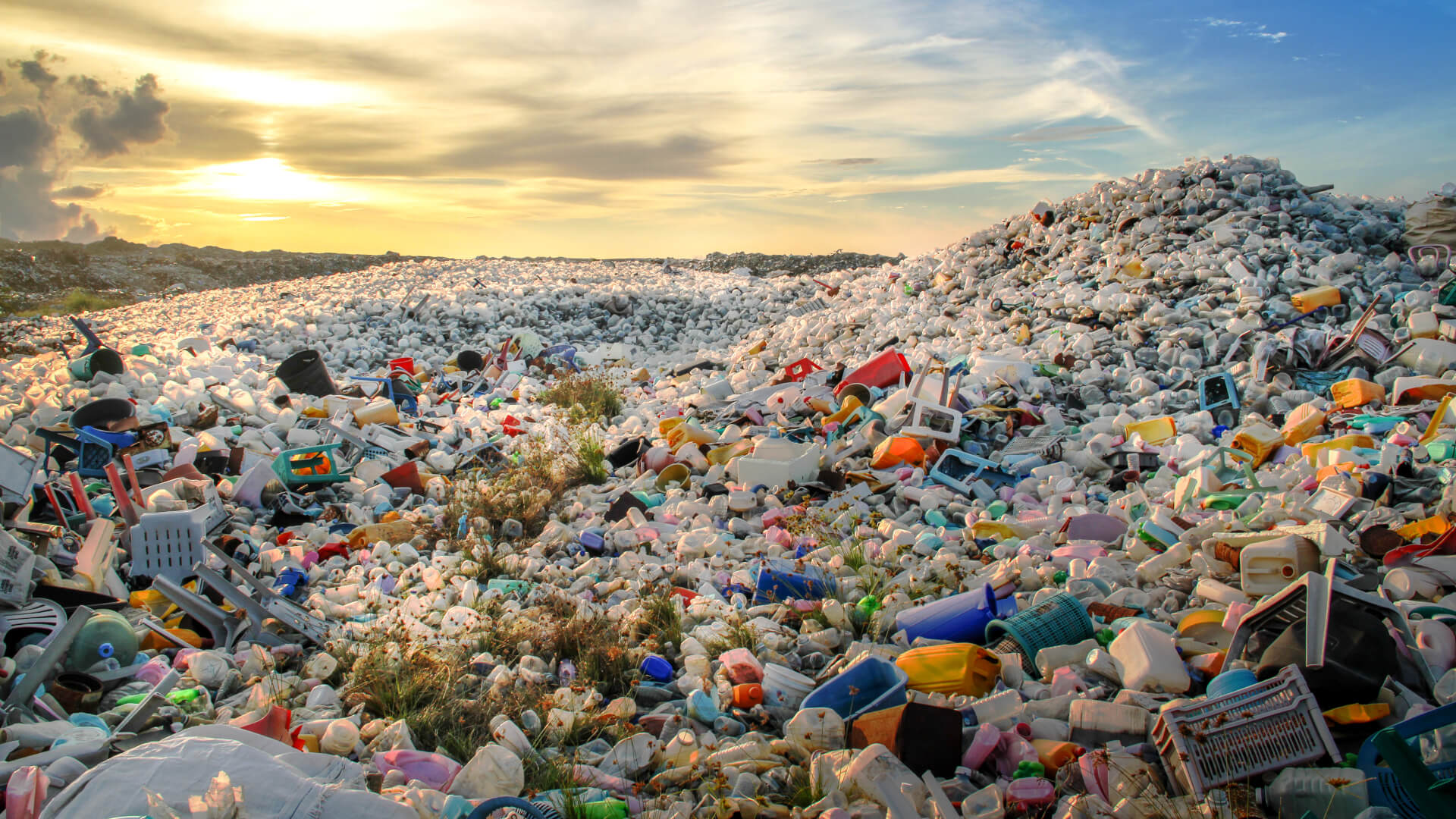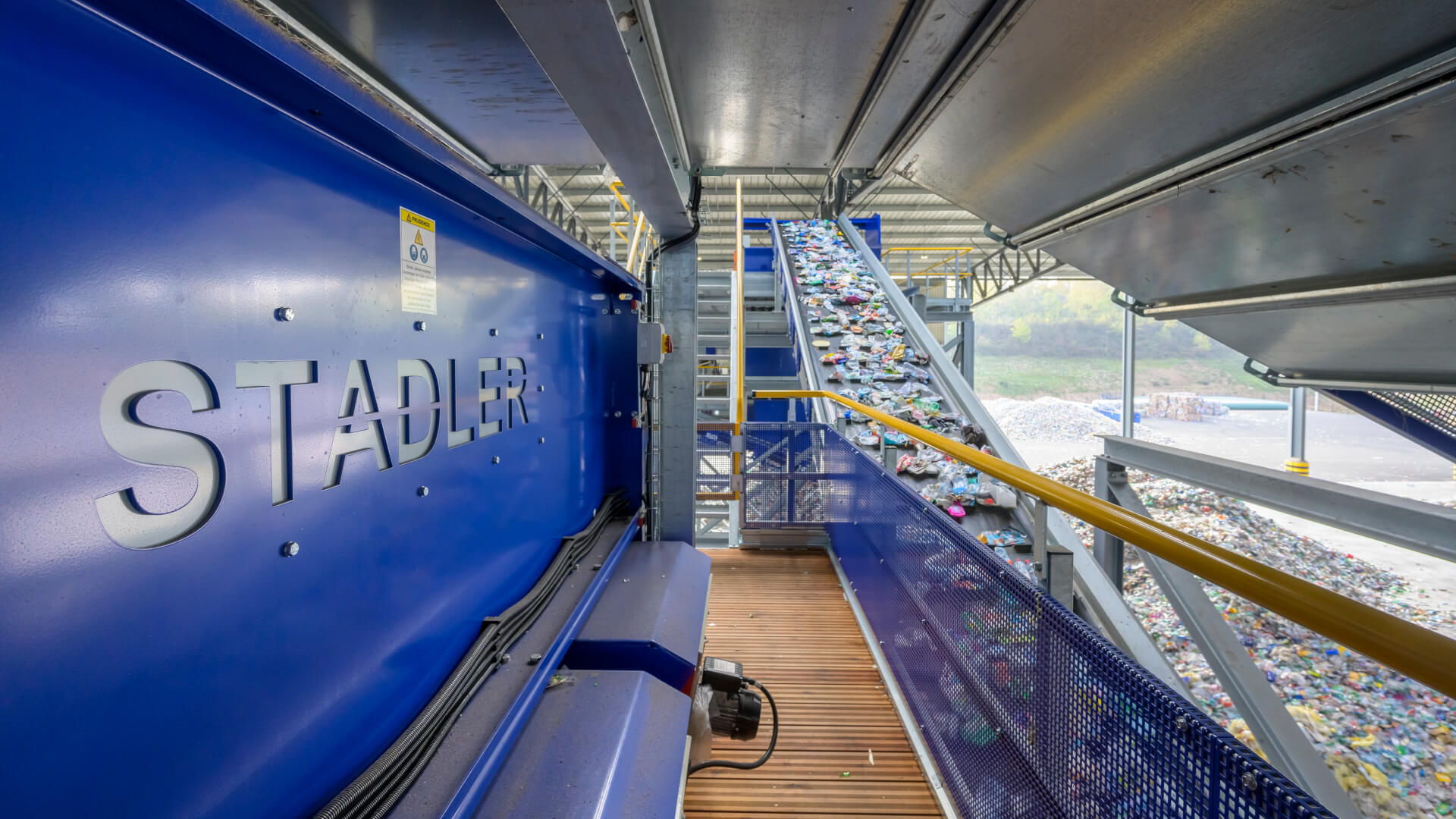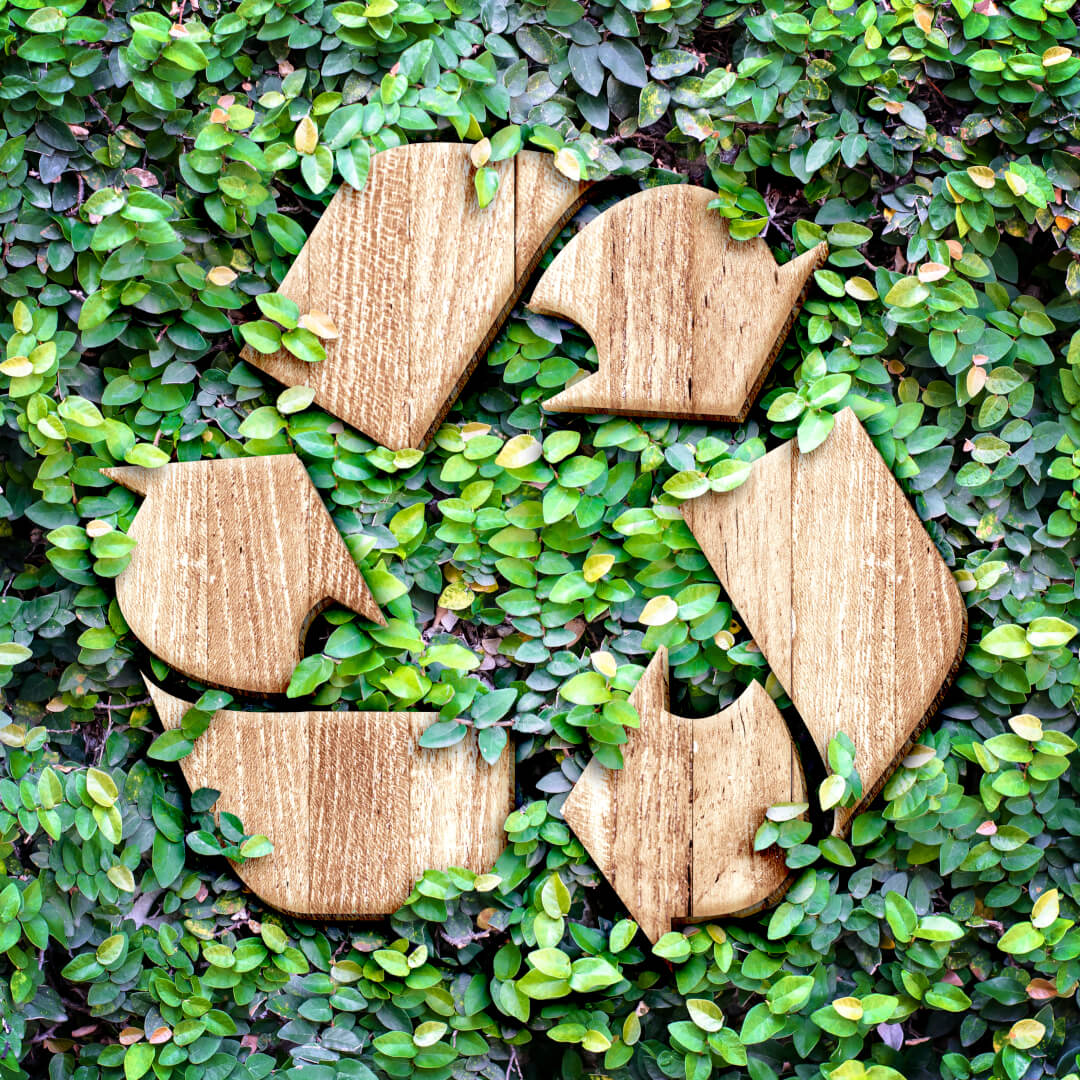
Environmental Impact
A great amount of this plastic waste has not been collected in landfills, let alone recycled. It has landed within the environment, where it gradually decomposes over very long periods of time. The resulting effects are contaminated soil and water caused by microplastics. In addition, landfills and waste incineration create enormous greenhouse gas emissions and are placing a heavy burden on our climate. Therefore, in order to combat the environmental impact it is imperative that a functioning circular economy is implemented. Recycling is in demand to a far greater extent than ever before.

High-quality sorting is an essential requirement for efficient recycling
This is particularly important with plastics as the quality of recycling will depend heavily on the material purity. This is exactly where STADLER comes in with its know-how and experience.
Our sorting facilities make an important contribution to transforming the linear landfill economy into a circular economy. There is also considerable potential in reducing greenhouse gas emissions: Every ton of recycled plastic used in place of new plastic saves between 1.5 and 3.2 tons of greenhouse gas.
This means that a STADLER plant, which recovers 100,000 tons of high-purity plastic every year, contributes to the prevention of 150,000 to 320,000 tons of greenhouse gases per year. This corresponds to the average annual greenhouse gas emissions of around 16,000 to 36,000 people in Germany.
